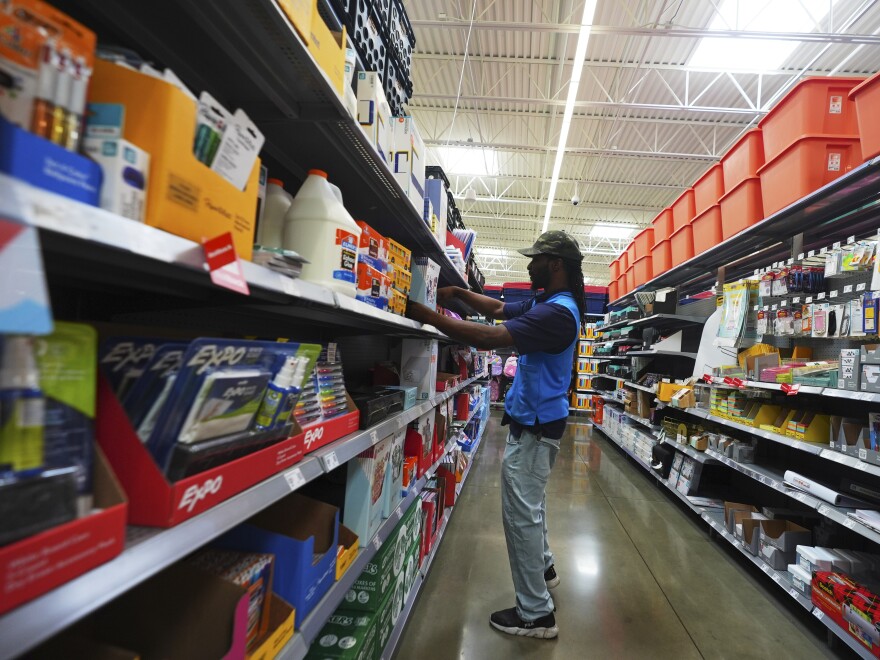Walmart claims that although it has been able to reduce a large portion of the tariff expenses thus far, they are increasing “each week” and will do so for the remainder of the year.
Like many other retailers, such as Home Depot and Target, the biggest retailer in the world has been forced to hike the price of some things while maintaining lower prices for others. Walmart claims that this year’s top back-to-school items were even more affordable than they were last year.
However, the tariffs imposed by the Trump administration on almost all imports are a major concern for all retailers who are witnessing an increase in the cost of items. Walmart previously infuriated President Trump by claiming that higher costs would result from tariffs he threatened to impose of up to 145% on Chinese goods.
“We’ve continued to see our costs increase each week, which we expect will continue into the third and fourth quarters,” Walmart CEO Doug McMillon stated during an earnings call on Thursday, indicating that his company’s expenses are continuing to rise.
According to McMillon, Walmart continues to draw in increasingly affluent consumers searching for discounts. Additionally, buyers with middle-class and lower-class incomes occasionally missed or swapped items when their prices increased. However, in general, he claimed that tariffs haven’t caused “dramatic shifts” in consumer behavior.
“The impact of tariffs has been gradual enough that any behavioral adjustments by the customer have been somewhat muted,” McMillon stated.
In general, consumers continue to spend money in shops and eateries. The most recent quarter saw a 4.6% increase in Walmart’s U.S. sales. In the three months ending August 3, Home Depot’s U.S. sales increased 1.4%, a significant increase over the first three months of this year, the company reported on Tuesday. According to the home improvement chain, customers are delaying significant upgrades because they are worried about the direction of the economy and are instead focusing on minor projects.
Ted Decker, the CEO of Home Depot, informed investors during an earnings call that “the main reason for delaying the large project is general economic uncertainty that is larger than prices of projects, of labor availability, all the various things we’ve talked about in the past.” By a large amount. The biggest uncertainty is the economy.
In a call with analysts last quarter, Home Depot promised to avoid “broad” price hikes brought on by tariffs. However, this week, the company clarified that certain prices did have to go up a little because tariff rates are “significantly higher” now than they were in the spring. Taxes, according to executives at rival Lowe’s, have created a “dynamic environment” and “uncharted waters.”
Two primary factors have prevented significant price rises for retailers and manufacturers thus far: businesses have stocked up on goods in advance, and tariffs have been implemented significantly more slowly than initially threatened. The parent company of T.J. Maxx, Marshalls, and HomeGoods, TJX, announced this week that it had purchased more inventory than usual in order to maintain a healthy supply for months.
Copyright 2025 NPR






